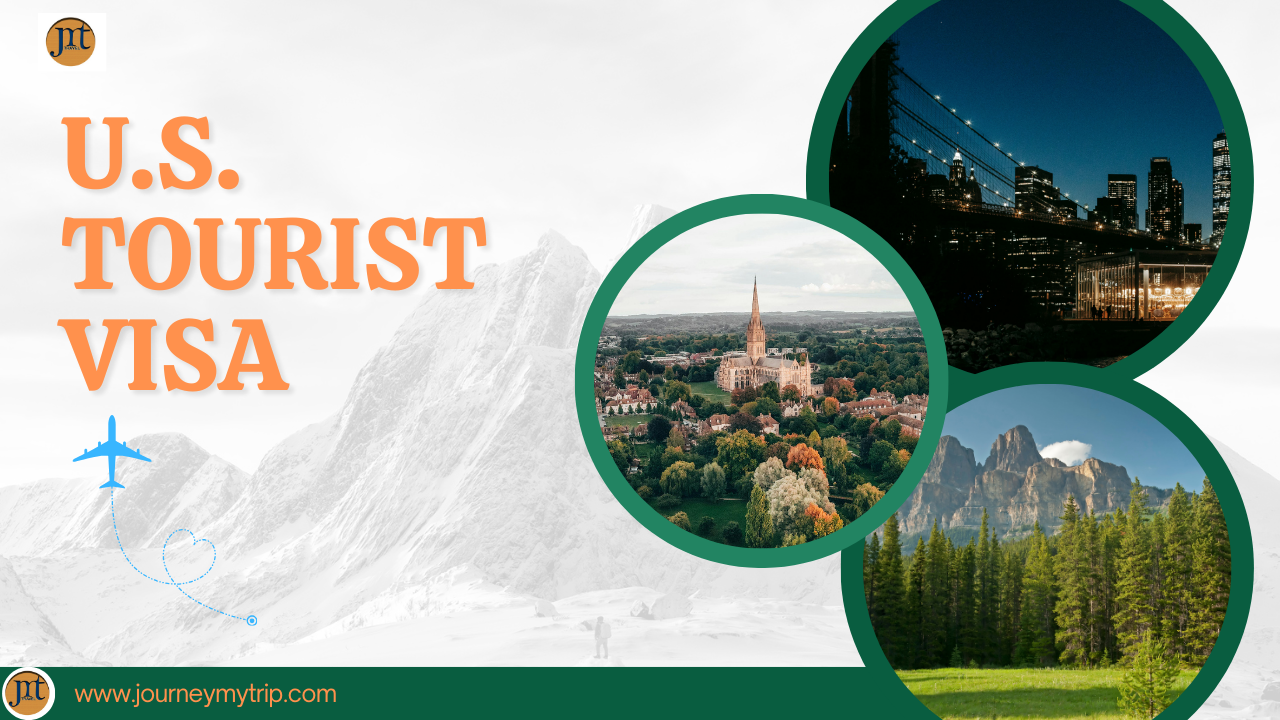Call Anytime
U.S. Tourist Visa

25
September 2024
U.S. Tourist Visa
Ways to Increase Your Chances of Getting a U.S. Tourist Visa Approved
When visiting the US for only a short amount of time for pleasure or business, foreign people who are not exempt from the Visa Waiver Program must get a U.S. Tourist visa (B1 or B2). Vacations, business meetings, medical care, seeing loved ones, attending workshops, and leisure time are a few examples.
Before submitting an application, the majority of candidates usually want to know their odds of being accepted. In light of this, we have compiled a list of documents that you can provide to the consular officer as evidence of your relationships in order to persuade them that you intend to return home after your brief visit.
The details provided below are merely meant to serve as a guide; they do not guarantee that your application for a tourist visa will be granted. The U.S. immigration officer will decide whether to grant or reject your visa application.
Here are a few ideas for ties-proofing:
Employment
Possessing employment in your nation of origin does not ensure that your visa will be granted. Immigration officers also consider your income, the type of job you have or have had, and the duration of your present and past employment.
The total amount of the requested visit to the US will also be measured, since applicants who want to remain longer than a few months would probably be questioned by immigration officers. You will need to produce a Certificate of Employment that includes your position, start date, current status, monthly or annual wage income, and leave certification because it's necessary to take into account the type of your existing employment and the authorized leave your employer issues. Giving the immigration officer this proof will act as a reference for them when they review your application.
Family Responsibility
Family responsibilities include caring for aging parents who require your presence to meet their requirements and looking after your child or children, particularly if they are still enrolled in school. Official family relationship paperwork, doctor's letters outlining significant medical issues for any dependent family members, and documentation proving the children's current school enrollment should all be submitted by the applicant.
Additionally, you might get letters from family members confirming that they will take care of your loved ones while you are abroad. This will assist in responding to the immigration officer's inquiries on who will look after them should you travel to the United States.
Property and Personal Asset
People who own a home, own land, or have a sizable amount of money in investment accounts in their home nation are less likely to emigrate. Evidence of real estate and financial resources should be submitted in addition to financial assets, since these are necessary to demonstrate the applicant's ability to finance the visit and demonstrate their ties to their native nation. Possession of a home, business, or piece of real estate might be used as proof.
Community Involvement
Your chances of having your visa application granted may also be increased by presenting documentation of your current community involvement. By demonstrating to the consular officer that you are satisfied with your commitment to participate in a particular community activity, you may persuade them that you have good reason to return home.
Travel History
If you have traveled for tourism outside of your home country in the past and have adhered to the legal immigration regulations regarding the length of your stay, you are likely building a rapport with the immigration officer that you will not overstay your time in the United States and that you will return home at the end of your trip.
The more proof you provide to demonstrate your intention to return home, the more likely it is that your visa will be approved.
Read More :- US Visa | US Business Visa | US Student Visa | US Tourist Visa |

